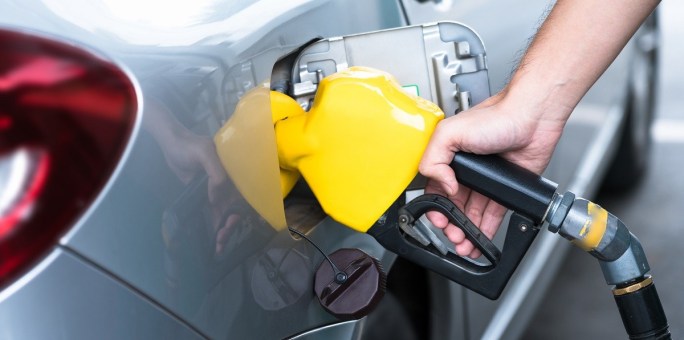
A road trip can be a good way to visit new places without having to pay for a plane ticket, but the cost of gas can also add up. A little planning may help you get more for your gas money. Consider these tips to help maximize your fuel economy before you leave for your next road trip.
Get a Tune-Up
Regardless of how far you’re traveling, it’s important to make sure your car is properly maintained. Consider getting a tune-up before beginning your road trip. Having a faulty oxygen sensor diagnosed and repaired or simply inflating your tires to the recommended pressure may result in improved mileage, according to FuelEconomy.gov.
In addition, take a look at your owner’s manual to learn what grade of motor oil is recommended for your vehicle. Using the type of oil suggested by the manufacturer may help improve your gas mileage, FuelEconomy.gov says.
Compare Gas Prices
Gas prices can vary based on a number of factors, including location, according to the U.S. Energy Information Administration. That means that you may notice a range of gas prices along your route. Mobile apps or websites that track prices at multiple gas stations may help you find lower-priced gasoline when it’s time to fill up, Popular Mechanics suggests.
Plan Your Route
If you map out your road trip ahead of time, you can get an idea of how many miles you’ll travel — and if you know roughly how many miles you typically get to a gallon of gas, you may be able to estimate what you’ll pay for gasoline. Keep in mind, though, that your road trip might involve more than a direct drive from point A to point B. Be sure to account for additional miles (and gas costs) that might result from sightseeing and other detours along the way.
Idling can also lead to wasted gas, FuelEconomy.gov says. Before you leave, or during stops along your route, consider using a mobile app to check for traffic delays. Choosing an alternative route may help you avoid backups and therefore prevent your car from idling and wasting gas.
Watch Your Speed
Cars typically get better mileage on highways than on city roads, where more frequent braking and accelerating can use more gas. AutoTrader says. That doesn’t mean faster is better, though. Many cars get fewer miles per gallon when traveling more than 50 miles per hour, FuelEconomy.gov says. The website suggests following the speed limit and using cruise control when driving on highways to help moderate speed and get better mileage.
Before you depart for your next road trip, consider taking some steps to help your car get better mileage. As a result, you may get a bit further on your tank of gas, leaving you with more time and money to enjoy the journey.
Source: https://al.st/2EIiy1Z

